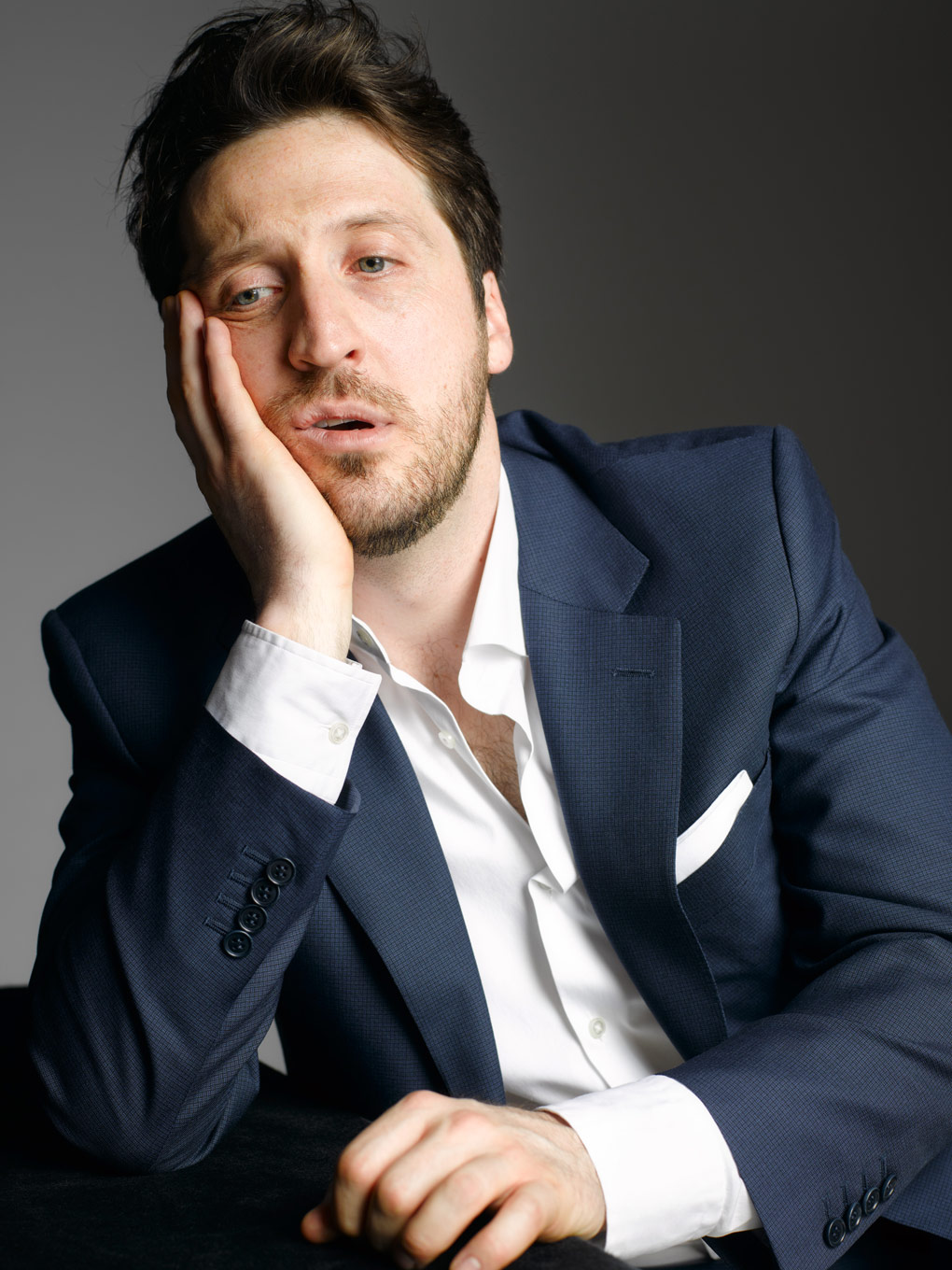
Spotlight on: Peter Bass
InterviewPeter Bass is one of those smart and serious singers who carries with him a wicked sense of humour to the rehearsal room. I last saw him onstage with Metro Youth Opera as the Father in their production of Hänsel und Gretel, and I’ve had small opportunities to work with him since. I’m always refreshed by a practical singer, and Peter is one of those. In his wise interview, he talks about Billy Budd, Michael Bublé, and telling stories.
1. Why do you sing, and why are you pursuing it professionally?
The short answer is there is nothing on this world that I love more than what I am doing now. It is something from which I can continually learn, and I love that.
The long answer is I love telling stories.
2. What does “good singing” mean to you? What does it feel like when you achieve it?
What a straightforward question, thank you Jenna…(editor’s note: my pleasure, Peter!)
Good singing is the easiest way to sing, and really, it’s the only way to sing. When singing is easy, the tone is easy. This doesn’t mean it is uninvolved; this means there is no excessive musculature in the body to create unneeded tension. It also means there isn’t any manipulation of the sound. Singing is created by good technique and artistry, and the sound takes care of itself.

3. What do young singers need to do more of? What should they do less of?
This is merely an extension of the previous question. Young singers need to stop, ponder, and be really honest about their weaknesses as singers and artists. This means they need to stop at the beginning of every breath and make sure they are acting (technically and dramatically) appropriately. Then all they have to do is employ this consciousness for every breath until it is second nature.
What they need to do less of is employing their ego as there voice teacher and manager. As soon as there is an expectation - in any moment - the moment is lost, and subsequently, every moment afterward is lost as well.
4. Do you have a “bucket-list” role that you’d like to sing? Why?
It’s hard to pick just one. Billy Budd comes to mind. Of course, if I could sing Britten for the rest of my life, I’d be ok with it.
5. How do you explain your job to non-music folks?
Unapologetically. And then if they have questions like, “Are you going to be the next Michael Bublé” or “Phantom, right?” I answer them honestly, because if they don’t know, they deserve to know the truth without feeling the fool.


Comments